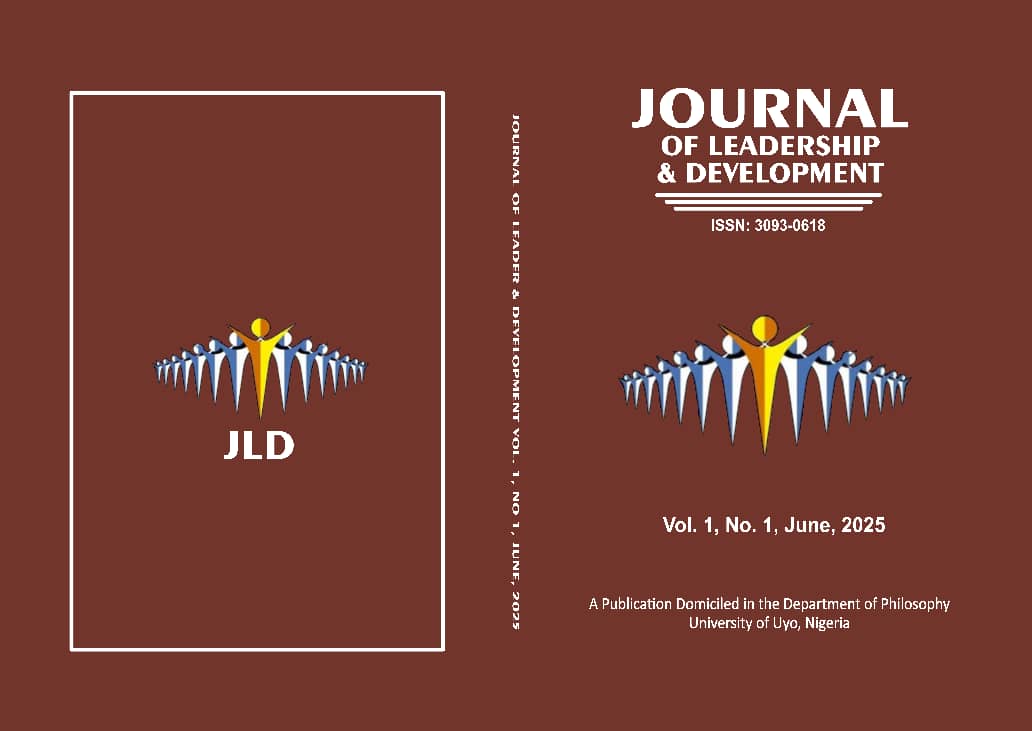CONTESTING SOVEREIGNTY: CHINESE NONINTERFERENCE AND GOVERNANCE IN AFRICA?
Ibukun David
Department of International Relations, Obafemi Awolowo University, Ile-Ife, Nigeria
Email: davidi@oauife.edu.ng
Abstract
This study examines the implications of the limited concept of sovereignty that frames China’s policy of noninterference for governance in Africa. It argues that while this policy has allowed China to expand its presence in Africa, it has also raised serious concerns for governance in the latter. While the concept of sovereignty has noticeably evolved, China has continued to build and sustain relations with Africa on a policy of non-interference framed in a limited understanding of sovereignty. This stance, which is consistent with the realists’ international relations, raises questions about intentions and implications for governance and development in Africa. Therefore, this study interrogates the motivations for China’s insistence on noninterference in engagement with Africa. It also interrogates the implications of this policy stance for governance in Africa. The paper relies on evidence from extant literature, including statistical data gleaned from reputable resources. Essentially, the study found that the non-interference policy that rests upon China’s limited concept of sovereignty supports allows China not only to insulate its domestic politics against global scrutiny, it also allows China to pursue its economic interests in Africa in ways that undermine governance and sustainable development in the latter. Given that this caged and state-centric understanding of sovereignty presents both real and potential challenges for governance and sustainable development in Africa, the paper therefore argues that the absolute understanding of sovereignty that frames China’s non-interference policy has become untenable in light of the emergence of new norms of international relations like citizenship participation, human rights promotion and good governance. This is particularly important in light of the realization that sovereignty can no longer be detached from the interests of the people. Crucially, an unshackled concept of sovereignty will allow public scrutiny of engagement between China and Africa, and thereby promoting constructive bilateral relations.
Keywords: China, Africa, Governance, Non-Interference, Development, Depoliticization, Re-Politicization, Sovereignty


